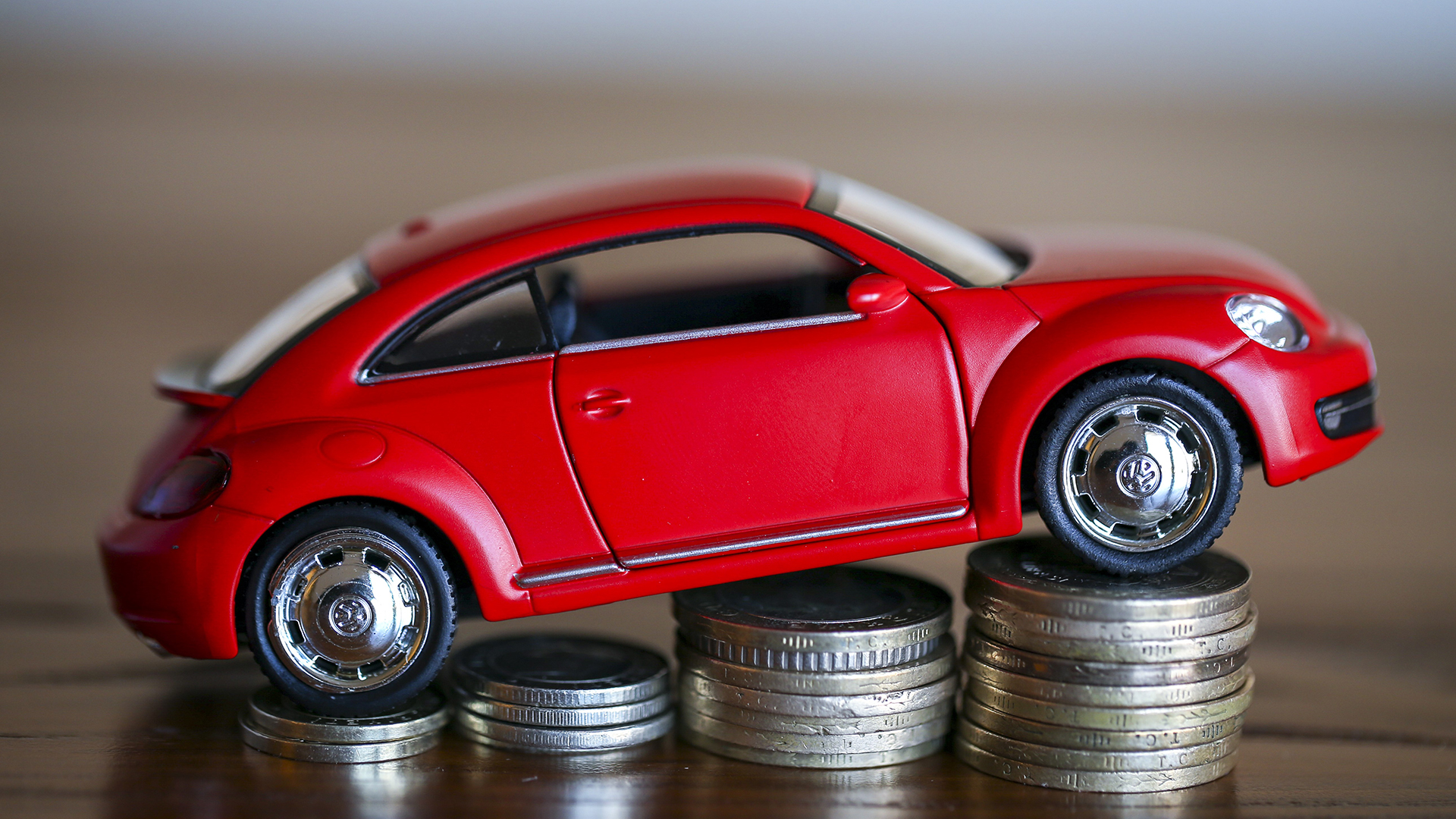

Year after year, the American car buyer is finding themselves paying more and more for the vehicle parked in their driveway. On top of that, new car buyers are extending the average length of their loans drastically, paying an average of $551 per month for a total of 69 months.
On the business end of the inflated payments is the actual cost of the vehicle. In 2018, the average consumer paid $35,444 to put a brand new, current-year vehicle in their driveway—a price which continues to increase thanks to the insatiable appetite of money-making crossovers and larger SUVs. Over the nearly six-year length of the vehicle’s loan, consumers find themselves paying an average of $551 per month, an increase of nearly 10 percent when compared to the same data set from 2016.

Furthermore, the average U.S. household income in 2018 hovered at $61,858 according to Sentier Research. This means that the average monthly car payment amassed to a total of around 11 percent of the typical family’s income by year’s end. Perhaps overbuying in a strong market is how more than seven million Americans became delinquent on their auto loans.
In 2018, borrowers took out a staggering $584 billion in auto loans and leases. In all, auto loan debt has increased more than 75 percent in the past decade and now represents a $1.2 trillion financial obligation for consumers in the United States.
Higher debt, at least in this case, may be the result of a swelling economy. The Federal Reserve raised its interest rates four times in 2018 alone, a measure which is typically enacted to protect consumers from rapid inflation. As a result, lenders have raised the average interest rates for consumers in order to cover the additional overhead presented by the Federal Reserve.
This has made 2019 the most expensive year in a decade to take out an auto loan. For example, a consumer taking out a $36,000 loan in January 2016 would average a 4.68 percent interest rate. Over the life of a 72 month auto note, the consumer would average a repayment of $574 per month, or $41,360 over the course of the loan. The same loan taken out at January 2019’s average interest rate of 6.19 percent would result in a $600 per month payment, or a total cost of $43,190.
Automakers continue to pump out larger vehicles to consumers, an effort which is built from a foundation consisting of high-level consumer marketing and ways which allow manufacturers to skirt CAFE regulations. As larger and more expensive vehicles continue to increase their market share, the average vehicle price will likely continue to inflate.